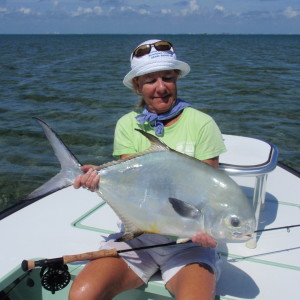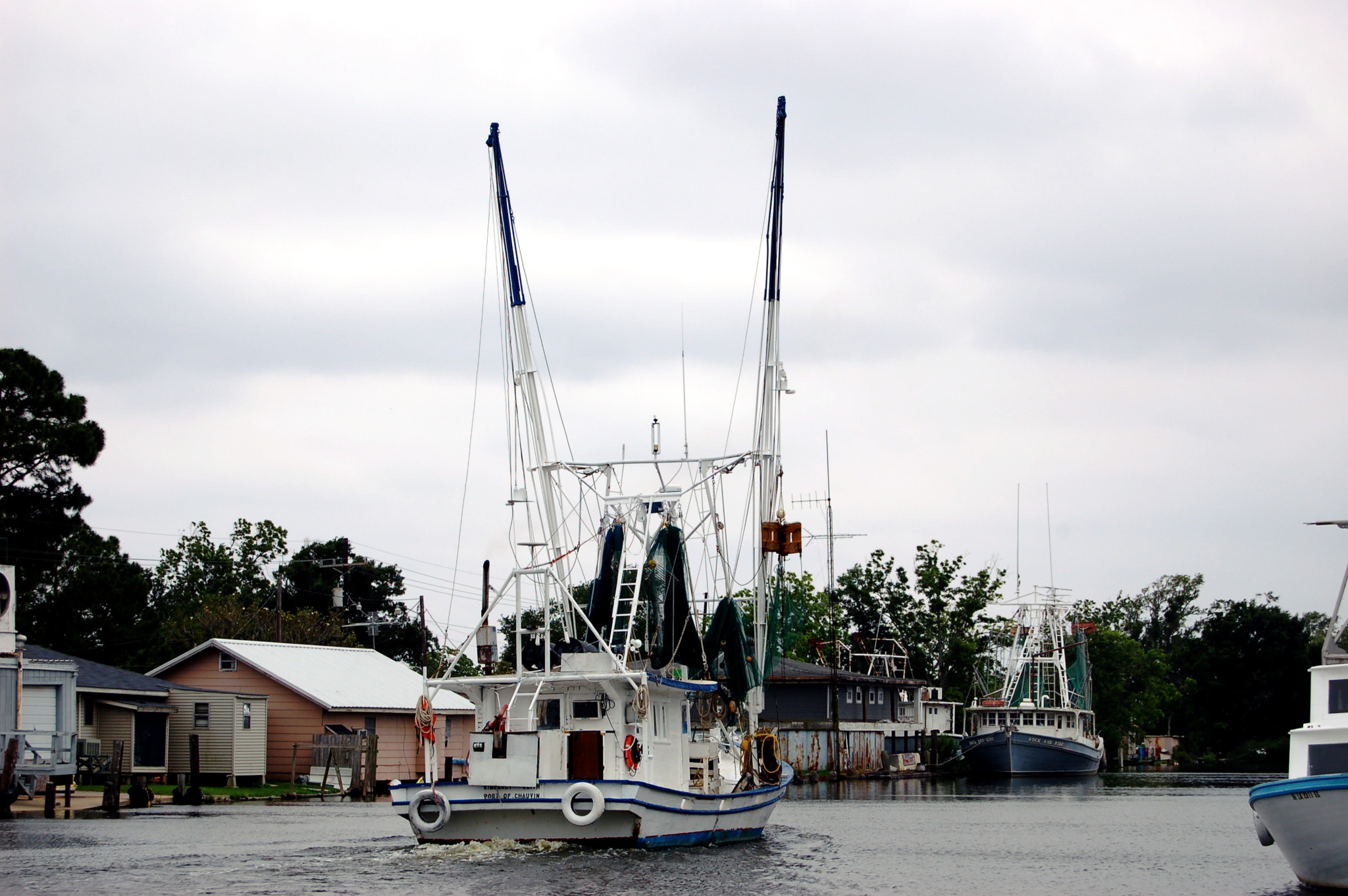For the 2019 Gulf of Mexico shrimping season, industry members expect the market for their wild product to remain stable for at least the first half of the year while they keep an eye on the effects of farm-raised imports from Asia.
Landings and prices for the last two months of 2018 are not available because of the U.S. government shutdown. But for January through October landings were about 17 percent below averages going back to 2002.
In the first 10 months of 2018, about 83.5 million pounds (headless, shell-on) were landed in Texas, Louisiana, Alabama, Mississippi and off the West Coast of Florida, compared to an average 100.92 million pounds from 2002-17.
October ex-vessel prices “moved inconsistently across count sizes compared to ex-vessel prices in October 2017,” according to the Southern Shrimp Alliance. John Williams, the group’s executive director, said that with imports supplying about 90 percent of all shrimp consumed in the United States — more than 1 billion pounds per year — prices for domestic product depend on how much is imported from Asia, and at what sizes and times of year.
“The industry is certainly stable and doing better,” Williams said. “The industry is in a good place. As long as you have someone looking out for it and trying to prevent illegal product from coming in, it will remain stable.”
Williams says the Southern Shrimp Alliance is working closely with federal and state fisheries managers to ensure the U.S. shrimp industry survives by turning back illegal, unregulated and unreported imports. He said the seafood import monitoring program that took effect Jan. 1 establishes a traceability system to determine where products came from, and how they got to the United States from their country of origin.
“We don’t want to stop the imports,” Williams said. “But we want it to be done legally.”







